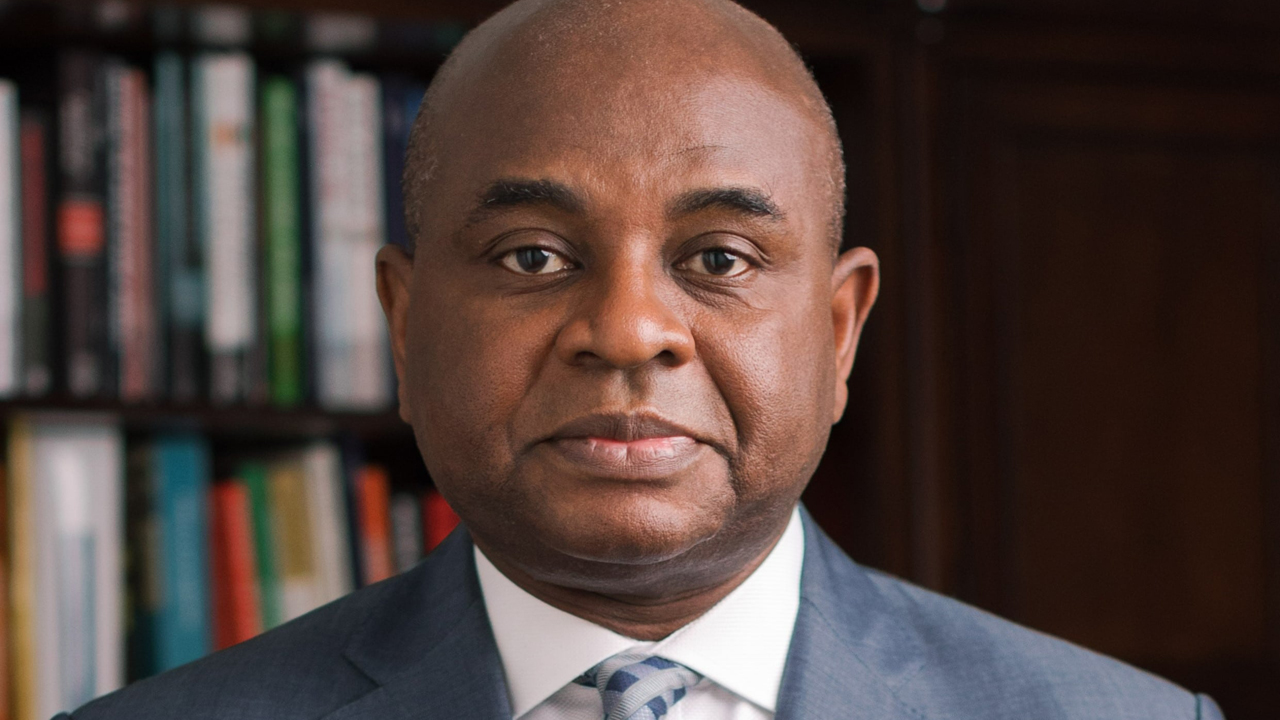Part of the conclusion reached at the just-concluded Trade Union Congress of Nigeria (TUC) summit by the South-West region is the need for trade unions to understand the dynamics and search for a strategic role in shaping the future of work.
To remain afloat, the summit stressed the need for unionists to identify emerging skill sets required to stay competitive.
Speaking on ‘Strategic Thinking: Envisioning the Future of Work and Emerging Skills in a Knowledge-Driven Economy’, Dr Chukwuemeka Azinge of the Faculty of Entrepreneurship, Strategy, Innovation and Business Law, Lagos Business School (LBS), identified critical thinking, digital literacy, emotional intelligence, adaptability, and lifelong learning, as well as collaboration and cross-cultural skills as key skills required for remaining competitive in the new world of work.
He highlighted key shifts in the workforce from traditional engineering roles to data analytics, energy, sustainability, and project-based work teams. On the implications for employees, he said there is a need for reskilling and upskilling.
For unions, he also stressed balancing worker protections with industry modernisation. He used the abbreviation of the TIME model as the framework for envisioning the future of work.
According to him, ‘T’, which stands for Trends, speaks to spotting big shifts early, using global benchmarks as radar.He said ‘I’ speak to insight, by going beyond the data, listening to workers’ experiences and aspirations.
According to him, identifying skills gaps from the shop floor to the boardroom.He said ‘M’, which stands for Mobilise, is by building coalitions to unlock funding and infrastructure.
While ‘E’ for Empower, he said, is to give workers a voice in shaping how technology is used and ensuring access to training for all, but not just a few.
Making a presentation on ‘Unlocking Economic Opportunities in an Era of Digital Transformation and Artificial Intelligence’, Dr Henry Ogundolire of the LBS, urged the unionists to focus their energy on enhancing digital and financial literacy, which would empower them to engage new technologies safely.
Listing the five pillars of foundational enablers, vis-a-vis human capital and skills transformation, platform and business model sectoral value capture and trust, governance and measurement, and their implications for capabilities and people, the don said there is a need for digital literacy, reskilling and entrepreneurship ecosystem.
Giving statistics, Ogundolire mentioned countries like South Africa, Kenya, and Nigeria that are leading in AI policy development and ethical frameworks.
According to him, with a market size in Africa projected to reach $4.51 billion by 2025, AI is expected to create 230 million digital jobs in sub-Saharan Africa by 2030.
While highlighting the transformative potential of AI in Africa, he argued that there are opportunities for economic growth, financial inclusion, stressing the importance of responsible governance and strategic implementation.
With the limitless opportunities in agriculture, Academic Director, Agribusiness Management Programme from the LBS, Dr Jide Adedeji, shared the entrepreneurial mindset and transformation with a focus on unlocking the positive thinking, attitude, and mindset that produces and sustains success in agribusiness.
According to him, the module is to convert the value chain learning into sustainable business enterprises and practice, as well as to have a deep understanding of operational excellence in agribusiness leadership.
Speaking on the theme ‘Collaborate to Transform: Building Capacity for Regional Excellence and Workers’ Welfare’, TUC President, Festus Osifo said Nigeria is a country with vast potential natural resources but left unharnessed.
He cited the Netherlands, a country with a smaller landmass and fewer natural resources, saying that despite being an island of small size, it generated more money from agriculture, 10 times the money Nigeria generated from crude production.
“So, why are we concerned about this? In Nigeria, we have huge potential. We have no business having a low budget of $30 to $35 billion. But the reason we have that size of budget is because we are largely dependent on crude production. Most of the governments, not all, but the majority of them fold their arms. If you go to some rural local government areas, you will not even see the local government chairman until the 20th to 23rd of the month when allocations will be shared,’’ he said.
Rather than depending on crude oil production as the mainstay of the economy, Osifo urged the government and political leaders to harness the nation’s enormous natural resources for improved revenue for national development.
He blamed the failure to harness the nation’s potential natural resources to improve revenue on the laziness of the political leaders.He criticised successive governments for failing to diversify the economy in meaningful ways despite Nigeria’s vast opportunities in agriculture and solid minerals.
According to him, the chronic underfunding of infrastructure is not only due to low revenue generation but also stems from weak political leadership.
“Most of our political heads are relatively lazy. In some rural councils, you will not see the chairman until allocations arrive. We cannot continue with leaders who wait for monthly allocations before doing anything. They must think beyond the obvious and work for the people,” he added.
Lagos State Governor, Babajide Sanwo-Olu, who was represented by the Commissioner for Establishment and Training, Afolabi Ayantayo, reaffirmed Lagos’s commitment to fair pay, safe workplaces, and joint action with labour to address inflation, cost of living and economic diversification.
Chairman, TUC, Lagos State Council, Gbenga Ekundayo, said the summit, in its second edition, emphasised the need for workers to come together to unlock possibilities on how they could help themselves, considering the hardship in the country.






